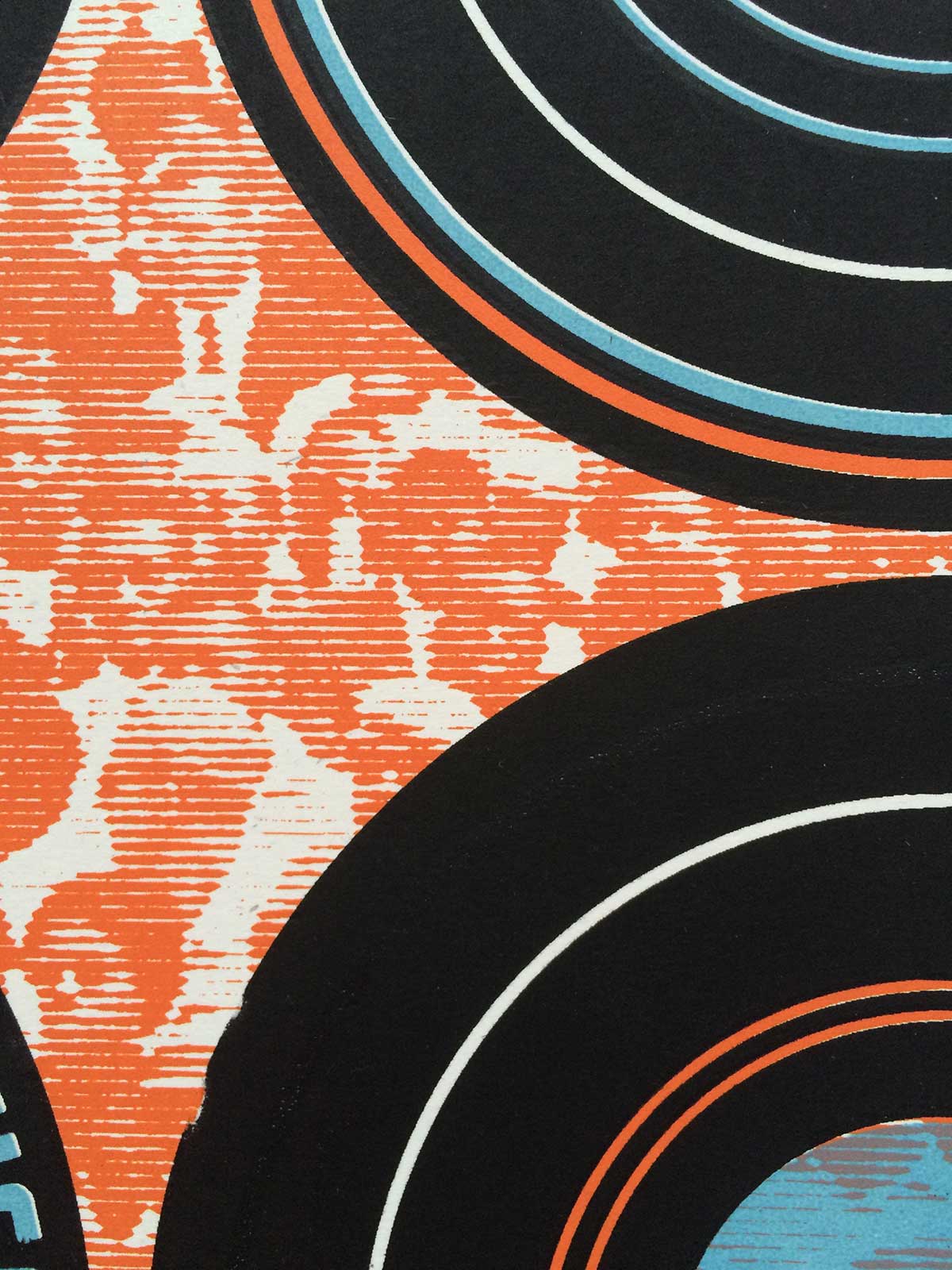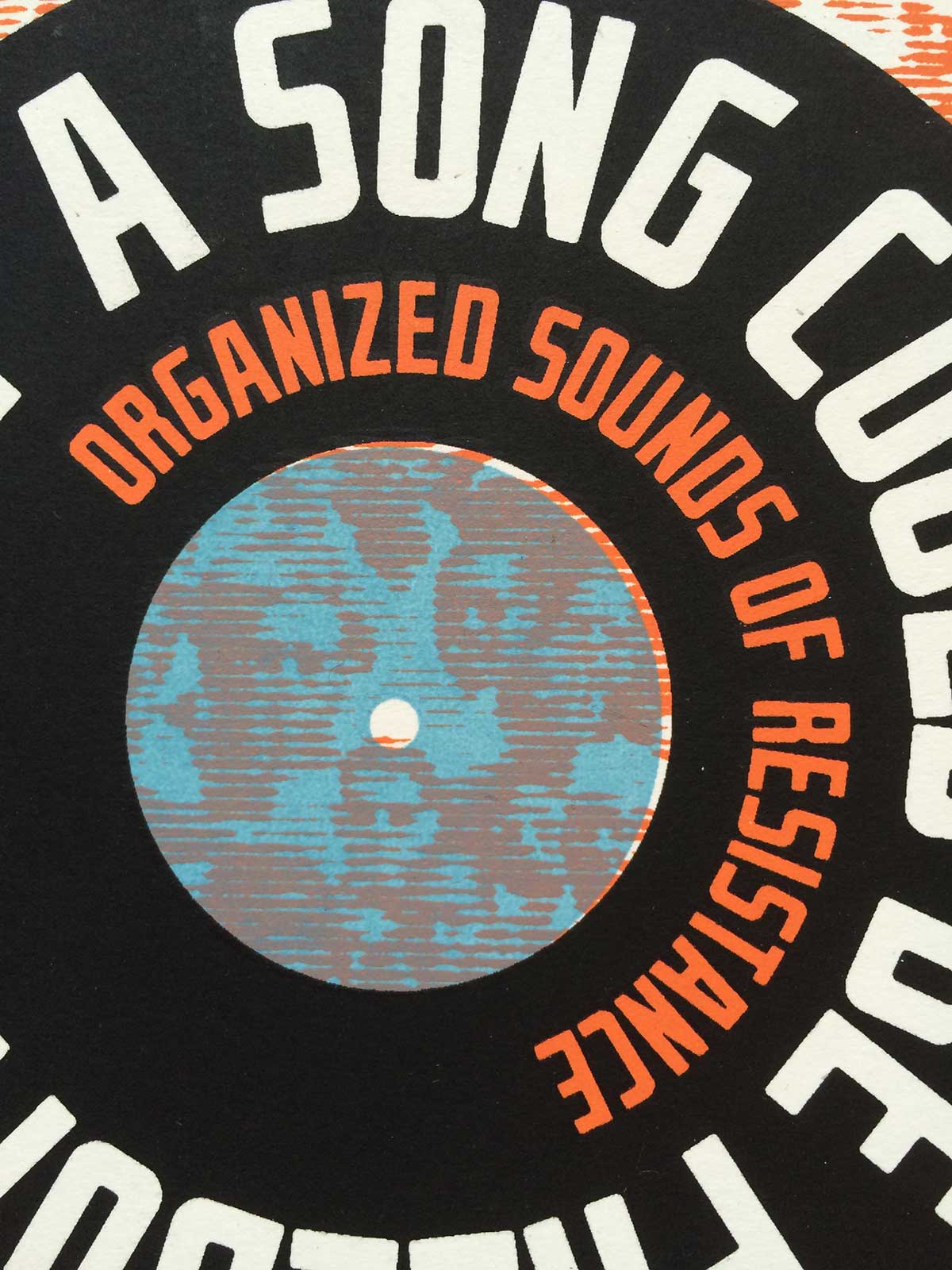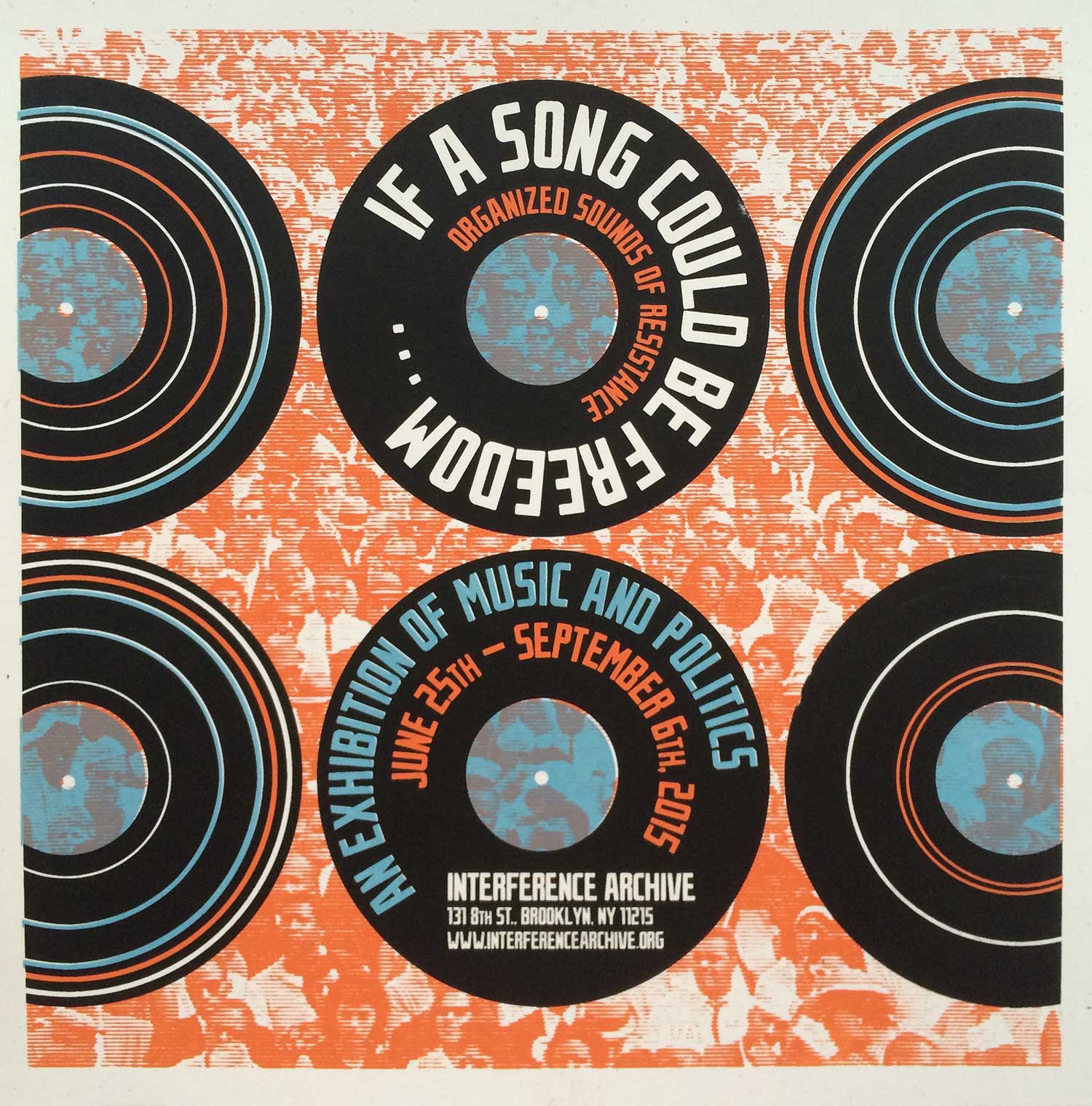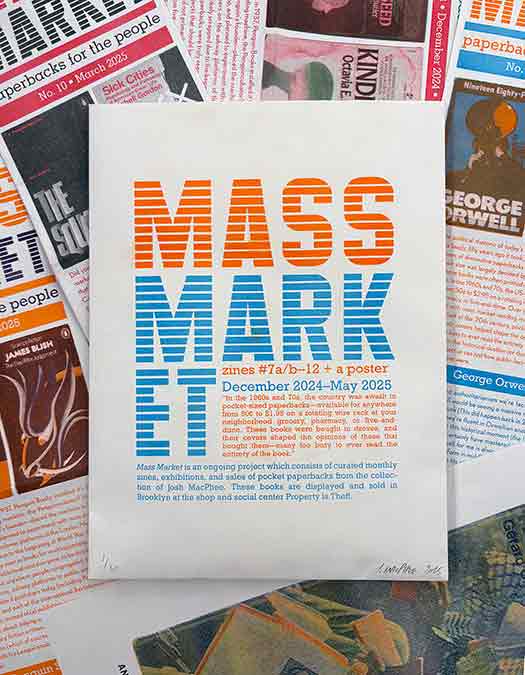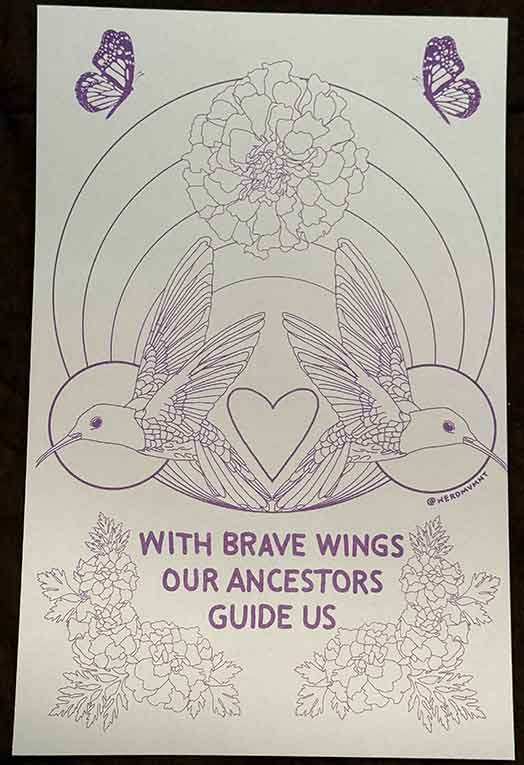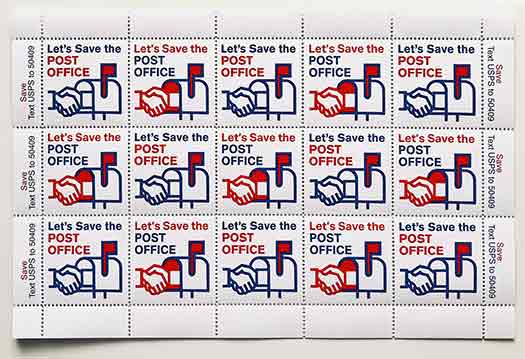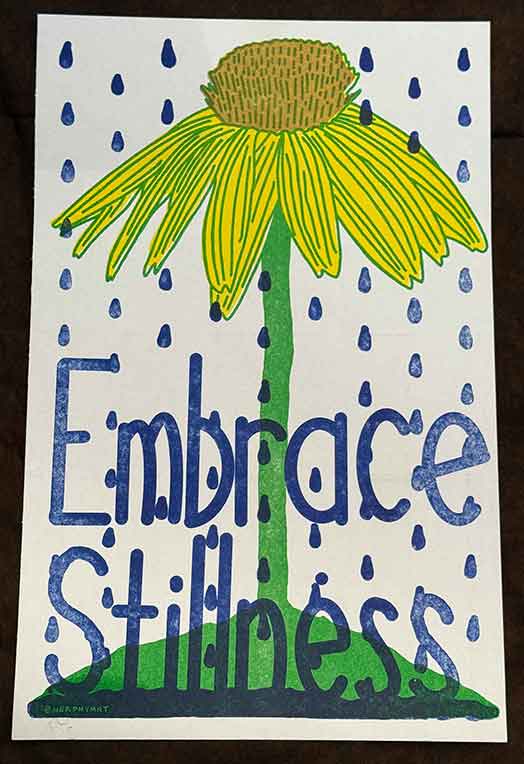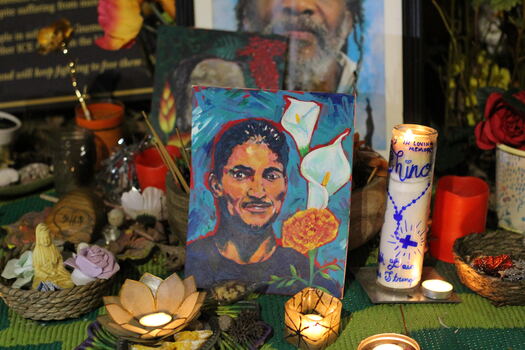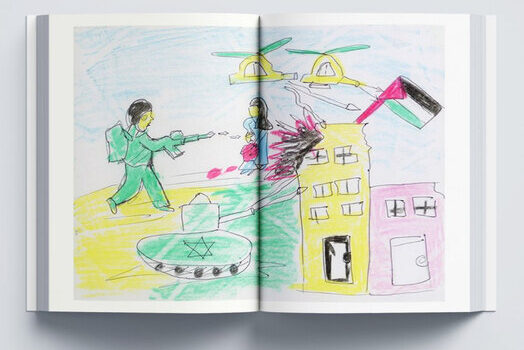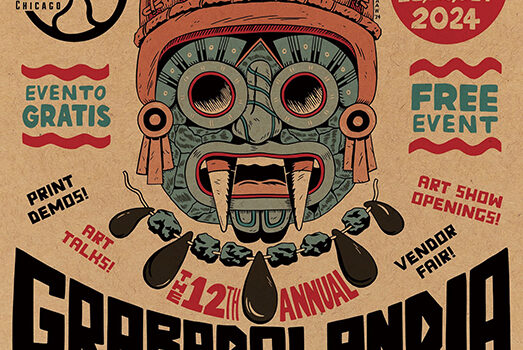The promotional poster for the exhibition of the same name at Interference Archive, if a song could be freedom... Organized Sounds of Resistance, which ran from June 25th through September 6th, 2015.
Music has been at the core of hundreds of political and social struggles across the globe. With if a song could be freedom... Organized Sounds of Resistance, Interference Archive examines the social context for landmark recordings, the relationship between music makers and on-the-ground organizing, and how visual aesthetics complement musical production and circulation.
if a song could be freedom . . . Organized Sounds of Resistance is organized by Chris Bravo, Kevin Caplicki, Josh MacPhee, Amy Roberts, Valerie Tevere, and Ryan Wong. It features the picture sleeves of over 200 political recordings, showing the broad intersection of music and politics. The gallery will also serve as a collective listening room, where visitors can select and play records from Interference Archive’s collection. The exhibition includes written contributions from activists and musicians, flyers, lyric sheets, buttons, publications, and other ephemera. A series of programs, to be announced on Interference Archive’s website, will offer the chance to collectively listen to and discuss how music has shaped the manners in which we understand ourselves in the past, present, and into the future.
With the advent of the vinyl record album in the early 20th century, people were able to record and distribute these songs, allowing them to transcend geography and rapidly influence musicians around the world. From anarchist folk songs to anthems of African liberation movements, Latin American ballads to the songs of the Civil Rights Movement here at home, the record album has played a key role in our understanding of how social movements communicate. More recent music subcultures such as punk and hip-hop are both political and politicizing in their own ways, and created worlds and communities which both moved with and beyond the music, becoming ends in and of themselves. In addition, pop music began taking on an active role in politics in the 1960s: songs such as “Free Nelson Mandela” by the Specials successfully galvanized the anti-apartheid movement, while more suspect attempts like “Do They Know It’s Christmas?” by Band Aid promoted charity not change. Either way, popular music articulated a complex vision of globalization long before it was a catch-word for the evolution of capitalism.
Poster designed by Josh MacPhee, printed by Kevin Caplicki at Bushwick Print Lab (with the help of Valerie Tevere and Josh MacPhee).
